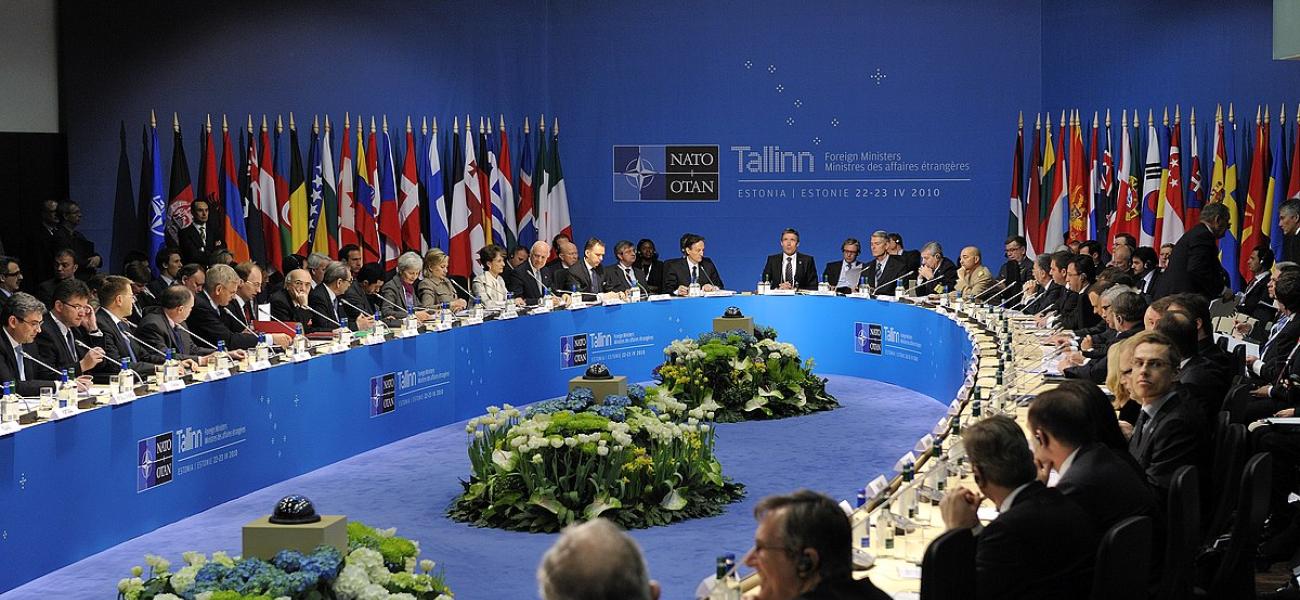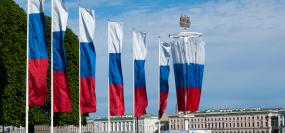
The United States and the NATO Non-extension Assurances of 1990: New Light on an Old Problem?
This is a summary of an article originally published by International Security.
In a recent piece in International Security, Marc Trachtenberg, a professor of political science at the University of California, Los Angeles, argues that American political leaders, despite some degree of uncertainty, were generally "explicit" on the idea that NATO expansion would not extend into the former Warsaw Pact countries, and that Russian leaders were not "simply concocting a false historical narrative for their own political purposes." That being said, Trachtenberg also believes that the U.S. did not intend to mislead Russia on the subject, and that any "element of bad faith" came "months later, when U.S. policy shifted and American leaders began to think about bringing the East Europeans into NATO."
Trachtenberg poses the question--given this history, what sort of policies should the U.S. government have implemented at this time? He does not offer a precise answer to this question; he lists several different opinions and that "all sorts of views are possible." In the end, however, Trachtenberg argues that this uncertainty does not really matter, claiming that "historical analysis in itself cannot really answer the fundamental question of how the policy of NATO expansion is to be assessed, and it is not the historian's business in any event to sit in judgment on the past." Those concerned with these sorts of questions "will ultimately have to come up with answers on their own."
Read the full article through the MIT Press.
Marc Trachtenberg
Marc Trachtenberg is a professor of political science at the University of California, Los Angeles.
Photo from Wikimedia Commons shared by a Creative Commons license.

